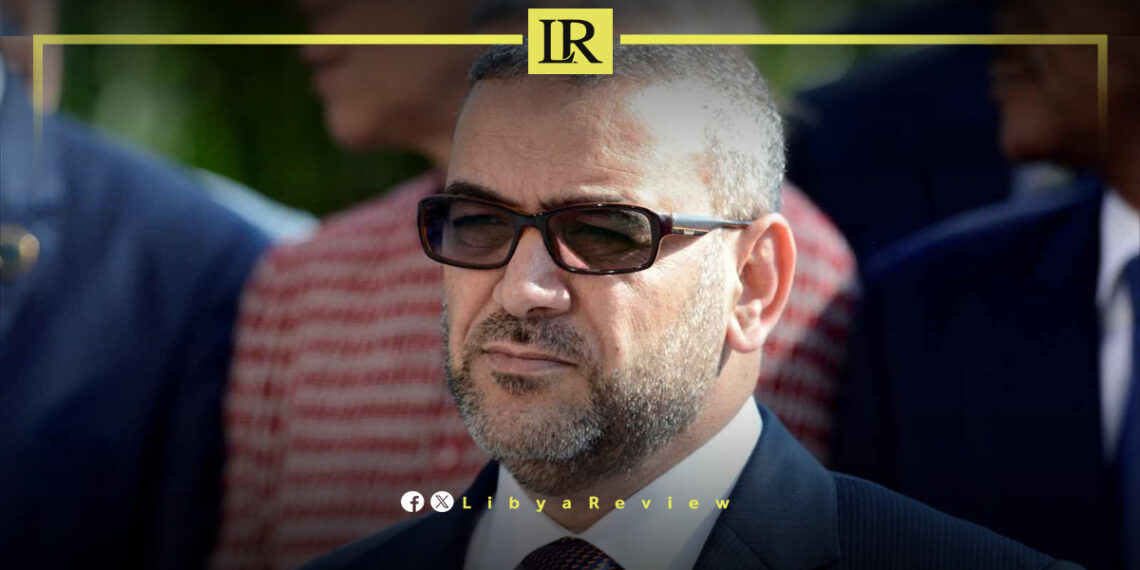Head of Libya’s High Council of State (HCS) Khaled Al-Mishri has formally called on the Speaker of the House of Representatives, Ageela Saleh, to begin urgent consultations to form a new unified Libyan government, amid renewed legal affirmation of Al-Mishri’s position.
This move follows a ruling by the Administrative Circuit of the Supreme Court (Ruling No. 72/165Q, dated 28 May 2025), which nullified a previous decision from the South Tripoli Court that had contested Al-Mishri’s leadership. The Supreme Court’s decision confirmed the legitimacy of the electoral process that brought him to office.
Al-Mishri emphasised that the court ruling has definitively settled the legal dispute over his leadership, describing the decision as “final and conclusive.” He warned that the ongoing division of executive and oversight bodies continues to obstruct national reconciliation efforts and delays Libya’s critical political deadlines.
In his letter, Al-Mishri stressed the urgent need to reactivate the agreed roadmap for unifying sovereign institutions, rebuilding trust in the political process, and paving the way for national elections. He reiterated that ending Libya’s transitional phases and delivering stability and sovereignty are essential goals aligned with the aspirations of the Libyan people.
Libya has been in chaos since a NATO-backed uprising toppled longtime leader Muammar Gaddafi in 2011. The county has for years been split between rival administrations.
Libya’s economy, heavily reliant on oil, has suffered due to the ongoing conflict. The instability has led to fluctuations in oil production and prices, impacting the global oil market and Libya’s economy.
The conflict has led to a significant humanitarian crisis in Libya, with thousands of people killed, and many more displaced. Migrants and refugees using Libya as a transit point to Europe have also faced dire conditions.
The planned elections for December 2021 were delayed due to disagreements over election laws and the eligibility of certain candidates. This delay has raised concerns about the feasibility of a peaceful political transition.
Despite the ceasefire, security remains a significant concern with sporadic fighting and the presence of mercenaries and foreign fighters. The unification of the military and the removal of foreign forces are crucial challenges.


